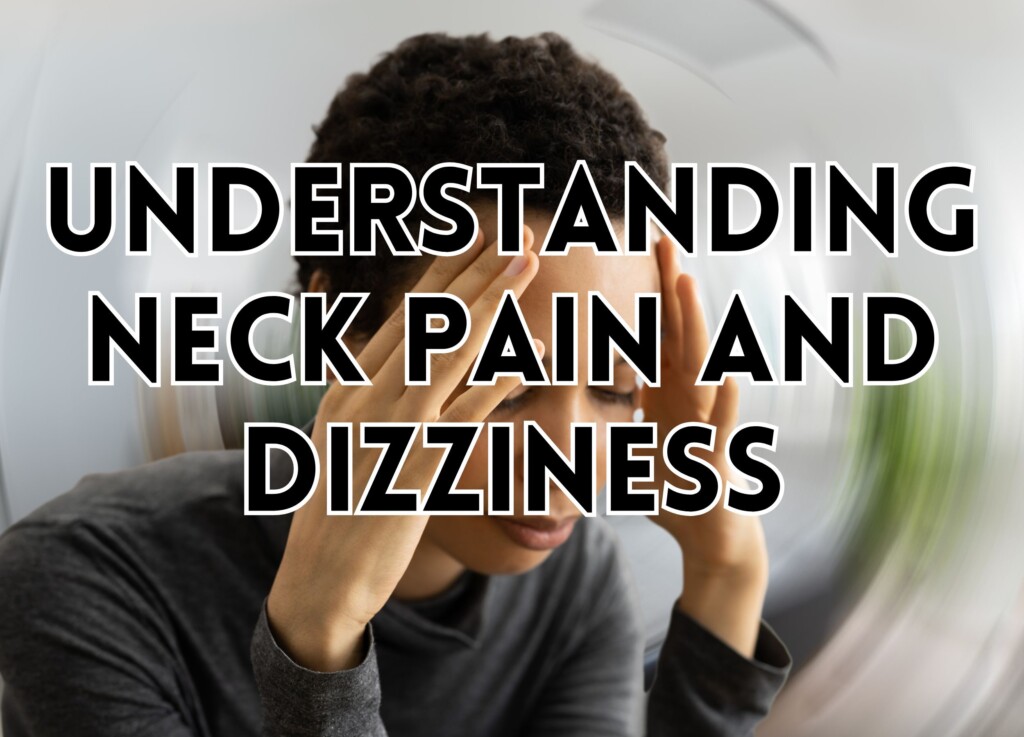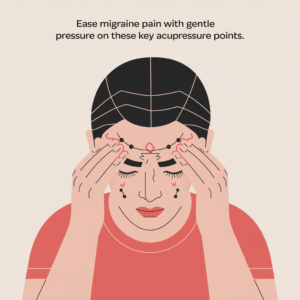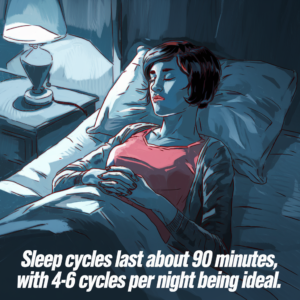What Causes Neck Pain and Dizziness?
Neck pain and dizziness can be a concerning combination of symptoms. They can occur together for a variety of reasons, such as muscle strain, cervical vertigo, or even more serious conditions like meningitis. It’s crucial to consult a healthcare professional for an accurate diagnosis and appropriate treatment.

Common Symptoms
- Neck Pain: Aching, stiffness, or sharp pain in the neck area.
- Dizziness: A sensation of spinning or lightheadedness, often accompanied by nausea.
Possible Causes
Muscle Strain
Overexertion or poor posture can lead to muscle strain in the neck, which may also cause dizziness due to tension in the muscles around the vertebrae and nerves.
Cervical Vertigo
Also known as cervicogenic dizziness, it’s a condition where the dizziness is triggered by turning the neck. It’s often caused by issues with the cervical spine.
Meniere’s Disease
This inner ear disorder can affect your balance and hearing, leading to episodes of dizziness and neck pain.
Meningitis
Although rare, neck stiffness along with dizziness could be a sign of meningitis, a potentially life-threatening condition that requires immediate medical attention.
Diagnosis and Treatment
Medical Evaluation
A healthcare provider will typically perform a physical examination and may recommend imaging tests like X-rays or MRIs. They may also conduct balance tests to evaluate your dizziness.
Treatment Options
- Pain Relief: Over-the-counter pain relievers like ibuprofen can help alleviate neck pain.
- Physical Therapy: Exercises may help strengthen your neck and improve your posture.
- Medication for Dizziness: Antihistamines or anticholinergics may be prescribed for dizziness.

When to Seek Medical Help
If you experience persistent or severe neck pain and dizziness, it’s crucial to consult a healthcare provider for a proper diagnosis and treatment plan.
Neck pain and dizziness can be disorienting and uncomfortable. While they can occur for various reasons, it’s essential to consult a healthcare provider for an accurate diagnosis and appropriate treatment.
Note: This article is for informational purposes only and should not be considered as medical advice. For a proper diagnosis and treatment, consult a healthcare provider.
Do you sit at a desk chair often? Check out our top pick for the best desk chair to help with your neck pain! It can make a huge difference!
As an Amazon Associate we earn from qualifying purchases through some links in our articles.




